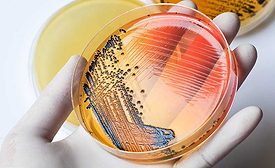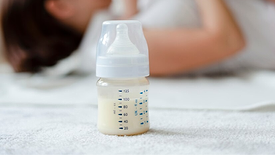FDA
The transition to a systems-based assessment approach represents an evolution of FDA's focus on preventive measures
Read More
What Foods Make People Sick? This Federal Collaboration Seeks to Find Out
IFSAC strives to improve the data and methods used to estimate the sources of foodborne illnesses by focusing on four priority pathogens
Michael C. Bazaco Ph.D.
Cary Chen Parker M.P.H.
Christina K. Carstens Ph.D., M.S.
Christopher Waldrop M.P.H.
Reese T. Tierney M.P.H.
Daniel Weller Ph.D.
Kelsey Schwarz Ph.D.
Andrea Cote D.V.M., M.P.H., D.A.C.V.P.M.
Bailey McWilliams M.S.
December 16, 2024
Never miss the latest news and trends driving the food safety industry
eNewsletter | Website | eMagazine
JOIN TODAY!Copyright ©2025. All Rights Reserved BNP Media.
Design, CMS, Hosting & Web Development :: ePublishing











